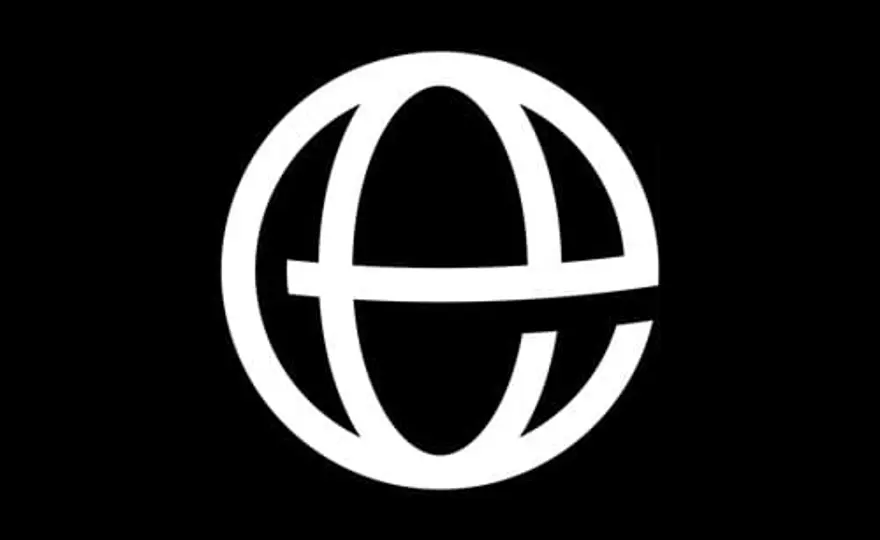ClientEarth Communications
19th January 2019


In a European first, environmental lawyers are taking the European Investment Bank (EIB) to the EU’s highest court for refusing to apply crucial environmental scrutiny to its funding decisions.
Lawyers from environmental law charity ClientEarth demanded a review of the EIB’s decision last April to invest €60 million into an electricity generating biomass plant in Galicia, Northern Spain.
ClientEarth’s lawyers consider the loan breaches the bank’s financing criteria for responsible investment in renewable energy generation and that numerous errors were made in the assessment of financing for the project.
However, the EIB – world’s largest multilateral financier – refused to revisit its funding decision, prompting the charity to take legal action for breaching EU law. This is the first time an NGO has brought such an action against the bank.
ClientEarth lawyer Anna Heslop said: “This case shines a light on the lack of transparency in the European Investment Bank’s approach to funding projects, some of which have a huge environmental impact.
“Despite using public money, the EIB provides only minimal information about its funding decisions and refuses to subject those decisions to the scrutiny required by EU law, including the Aarhus Regulation.
“We hope a positive judgment will open the way for NGOs to hold the EIB to account on its funding of all kinds of projects which affect the environment, such as those with a significant climate impact.”
Experts have described the energy plant at the centre of the loan in the present case as having very low efficiency – the amount of energy produced in comparison to fuel burned is very low – which does not meet the EIB’s financing thresholds for renewable technologies.
In August 2018, ClientEarth requested that the EIB carry out an internal review of the financing approval made by the bank’s board of directors, on the basis that infringements of essential procedural requirements and manifest errors of assessment had been made.
The Aarhus Regulation gives organisations like ClientEarth the right to request an internal review of administrative acts adopted by an EU body under environmental law.
By declaring that ClientEarth’s request was inadmissible on 30 October 2018, the EIB denied an NGO this right guaranteed by international and EU law.